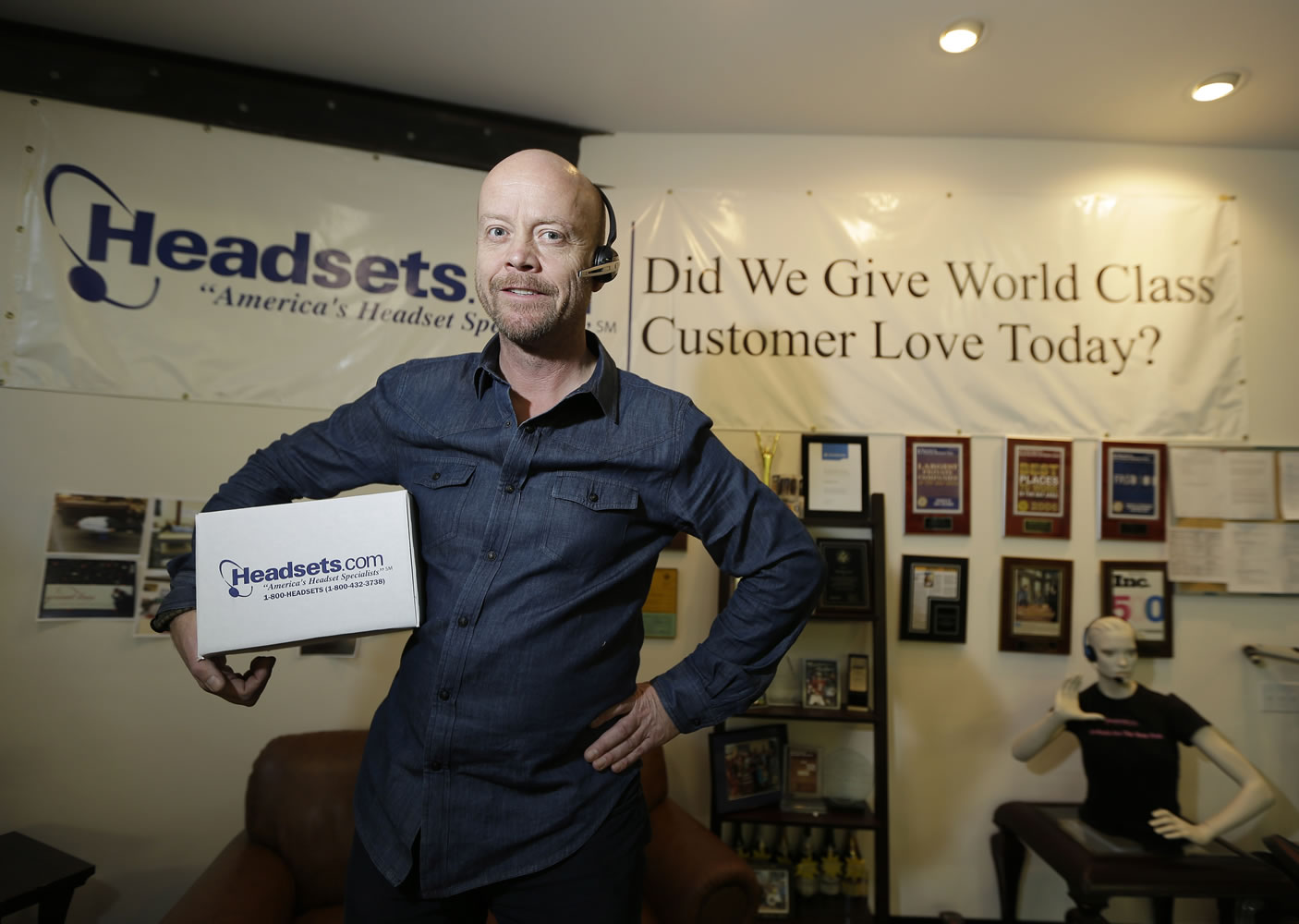NEW YORK — Small-business owners may be closer to losing an advantage they’ve enjoyed during the e-commerce boom: being exempt from collecting sales tax in states where they’re not located. And they’re worried they will have to spend more money in the process.
Under federal law, a state or local government cannot force a company to collect sales tax on a purchase unless the business has a physical presence in that state. The physical presence can be an actual store, or an office, warehouse or distribution center. The sale could be conducted online, by phone or through mail-order.
The arrangement saves money for shoppers. But federal lawmakers are working on several bills that would end that by forcing companies to collect the tax. Businesses are split on the issue.
On one side are small retailers who say they wouldn’t be able to bear the costs of collecting the tax and filing reports and tax returns the states and local governments require. They’re worried that they’ll have to buy software, hire staffers and deal with the continual hassle of keeping up with collecting tax from states and thousands of municipalities.
Headsets.com, for example, might have to hire two staffers to handle the administrative work if what’s called remote tax collection becomes law, says CEO Mike Faith. Faith said he expects the law would force him to hire workers to help his San Francisco-based company comply with it.
“It’s useless employment. It doesn’t add value to the company,” he says. “It’s just another cost burden.”
On the other side are in-state sellers and larger retailers with physical locations who sometimes lose business to competitors who don’t have to collect the tax. Even if two retailers charge the same price for an item, many shoppers choose the seller that doesn’t collect taxes to reduce their cost.
“It’s an unlevel playing field,” says David French, a lobbyist for the National Retail Federation.
And on yet another side are the state and local governments that stand to collect billions in uncollected revenue if a bill makes it through Congress. The payoff could be substantial. In 2012, there was as much as $11.4 billion in uncollected taxes on Internet sales alone, according to an estimate by researchers at the University of Tennessee.
Desire for change
State and local government officials have wanted to change the law for years, even before the catalog boom of the 1980s and the Internet boom of the ’90s.
Small-business owners have resisted along the way. They argue that the burden of keeping up with the estimated 15,000 different sales tax rates charged by the 7,500 to 9,600 jurisdictions made up of states, counties, cities and towns, is just too much.
What is taxed also varies widely. In Massachusetts, baby oil is tax-free, but baby lotion and powder aren’t. In states including New York, there’s a tax on shipping charges on items. Others, including California, don’t charge if you get merchandise delivered by the U.S. Postal Service or other delivery services.
Three bills introduced
Three separate bills were introduced in the last Congress that would authorize the states to require remote sellers to collect taxes. In the Senate, the Marketplace Fairness Act had bipartisan support but did not come to a vote. Sen. Dick Durbin, D-Ill., one of the bill’s sponsors, said the bill was tabled because of concerns by Sen. Max Baucus, D-Mont., about the burdens tax collection would place on companies in his state, where there is no sales tax.
But the burden small-business owners fear may not be as bad as they think. The proposed Marketplace Fairness Act exempts businesses that have $500,000 or less in sales from remote states. But Durbin says that number is open to negotiation. He also says that the tax computation software will have to be user friendly.
There’s already some precedent for making sales tax collection less burdensome. In 1999, the National Governor’s Association and the National Conference of State Legislatures created the Streamlined Sales Tax Agreement to make taxes easier to collect. The Streamlined Sales Tax Governing Board was formed to carry out the agreement. To help reduce the hassle of tax collection, the SSTGB has contracted with software developers to come up with programs designed to compute the correct tax.



